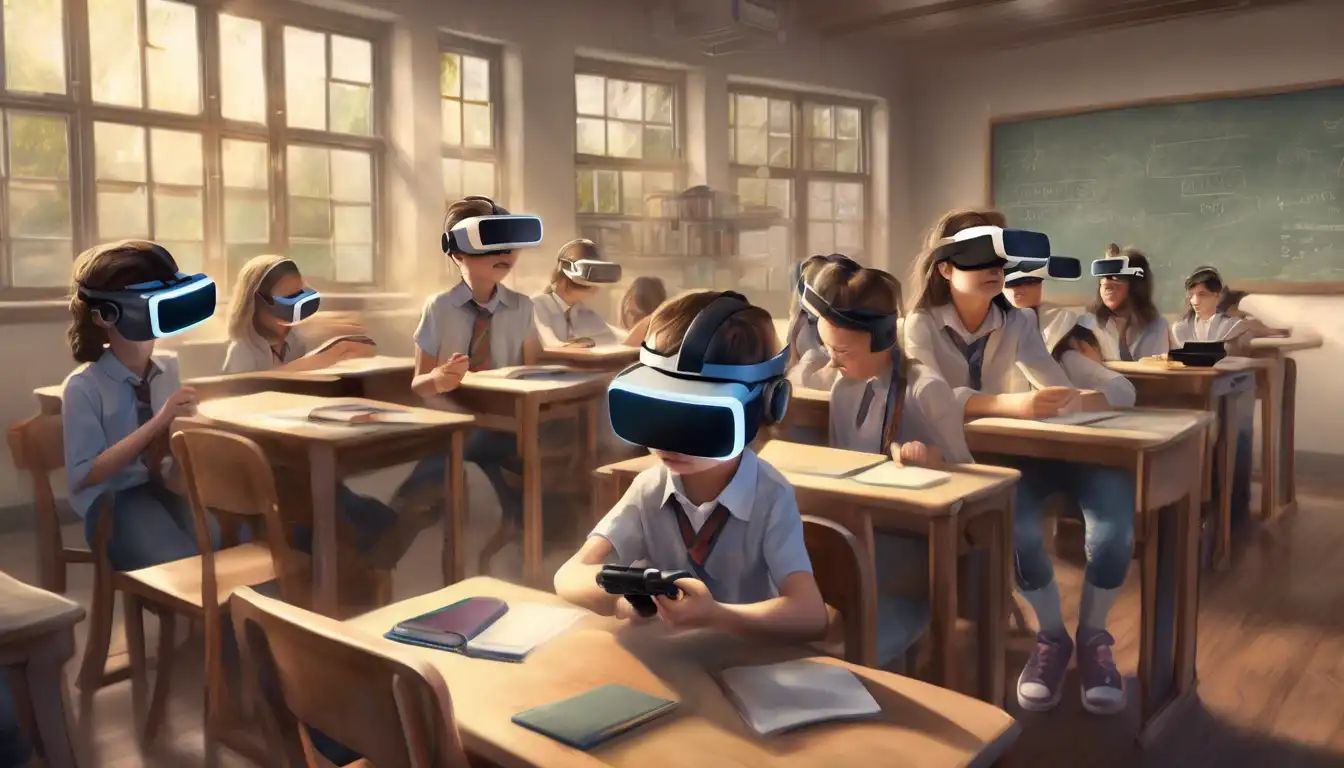The Transformative Impact of Virtual Reality in Learning Environments
Virtual Reality (VR) technology is revolutionizing the educational landscape, offering immersive learning experiences that were once beyond imagination. By simulating real-world environments, VR provides students with unique opportunities to explore complex concepts in a safe and controlled setting. This article delves into the potential of VR in education, highlighting its benefits, challenges, and future prospects.
Benefits of VR in Education
VR technology offers numerous advantages in educational settings, including:
- Enhanced Engagement: VR's immersive nature captures students' attention, making learning more engaging and enjoyable.
- Improved Retention: Studies show that immersive learning experiences can significantly improve memory retention.
- Accessible Learning: VR can bring distant or inaccessible locations into the classroom, providing equal learning opportunities for all students.
- Safe Practice Environments: From medical procedures to hazardous chemical experiments, VR allows students to practice without real-world risks.
Challenges and Considerations
Despite its potential, integrating VR into education comes with challenges:
- High Costs: The initial investment in VR equipment and software can be prohibitive for some institutions.
- Technical Limitations: Issues such as motion sickness and the need for high-performance hardware can hinder the VR experience.
- Content Availability: There is a growing need for high-quality, curriculum-aligned VR content.
Future Prospects
The future of VR in education is bright, with advancements in technology making it more accessible and effective. As EdTech continues to evolve, we can expect VR to play a pivotal role in personalized and experiential learning. Collaboration between educators and developers will be key to unlocking VR's full potential in education.
In conclusion, VR holds the promise of transforming educational experiences, making learning more interactive, engaging, and effective. While challenges remain, the ongoing development of VR technology and content is paving the way for a new era in education.
